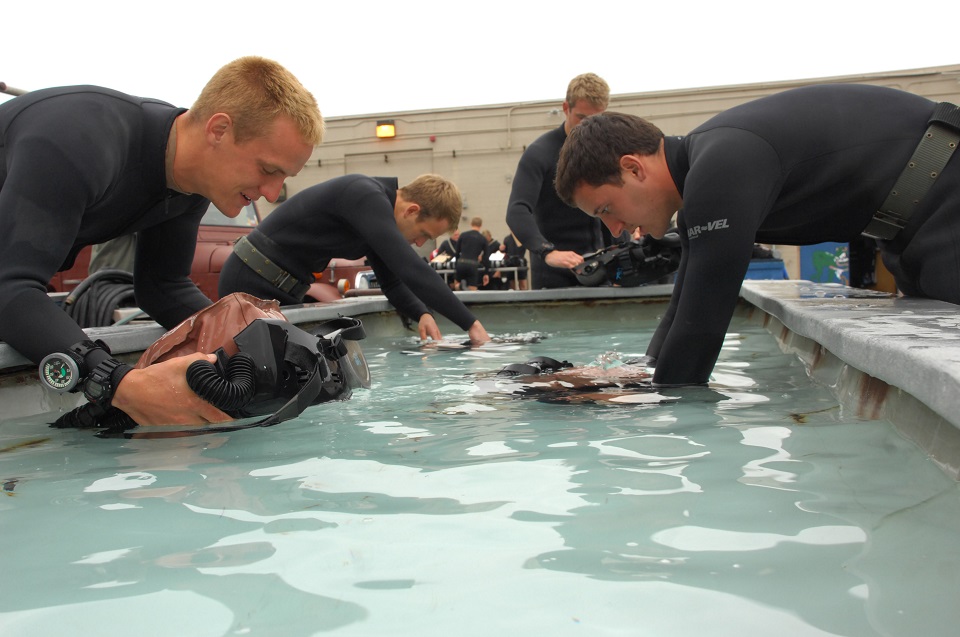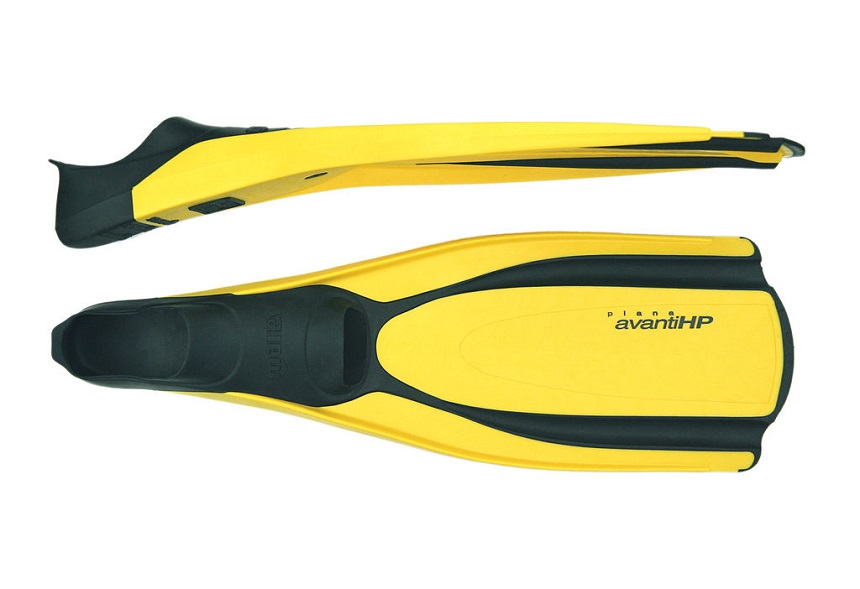Are you a beginner in scuba diving? Then here are some great tips to master that sport.
- Learn to breathe
One of the significant principles of scuba diving is to not to hold your breath for too long. Breathe in a natural way and this may sound illogical, yet the more you concentrate on how you’re breathing, the speedier you will run through your air. The most ideal approach to abstain from concentrating on breathing is focus on the activity. If you hold your breath for too long, then it may cause some problems and your lung may be damaged.
- Use dive apparatus
Most of the well qualified scuba divers are prepared and trained to use dive tables to screen blood-nitrogen levels. These special gadgets helps you to calculate the values and let you know how deep you can go and to what extent. The maximum depth is calculated by using these dive tables. Hence you can apps or dive gadgets which are more accurate. They keep tracking the time taken to reach a particular distance as well as your blood levels. In addition to that, it also lets you know the safety stop.
You need to use scuba diver fins that will balances out all the weight of the equipment worn. In addition to that, with the help of those fins you can swim more efficiently. If you want to get to the bottom time, then you need to be efficient. Professional divers generally fold or tuck their arms in a streamline style and just use their arms just for holding something. Swim with moderately straight and firm legs to amplify push. Steer with your fins and legs, and utilize your lung volume to assist ease with descending or ascending.
- Be fit and strong
Scuba plunging is an exceptionally lenient game; it is low effect and does not oblige compelling effort, but excessive body fat can hinder in the way you move. When you have more body fat, then the buoyancy gets increased, thus you need put more weight on the dive belt. In addition to that, you need to find larger wetsuits, if you are overweight. Being fit as a fiddle likewise permits you to swim with less drag and less exertion. In simple words, you need to work out to stay fit and be strong.
- Do not get exhausted and be well hydrated
While scuba diving, never be in a dehydration state as this will cause serious problem. The air which you receive from the tank is extremely dry and you may sweat while scuba diving. Moreover you need more oxygen if you are dehydrated and your red blood cells may not work properly in water. When you are tired, if you do scuba diving, then your muscles may get sprained. Further to that, never practice while you are having a cold or fever. As this may cause serious infection and will take longer time to recover.

